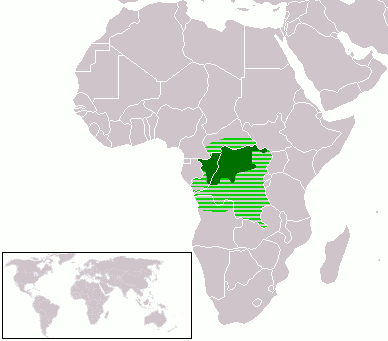Today I’ll introduce you to a frequent word used in Ciluba, mwena. Mwena is used to express the notions of possession, occupation, characteristics and other particularities, belonging, ethnicity. The plural form is beena.
Let’s see a few examples:
mwena diitabuuja un croyant/a believer
mwena mucìma un voleur/a thief
mwena mudimu un ouvrier/a worker
mwena mpatà un sceptique/a sceptic person
mwena mafi un menteur/a liar
mwena sìdâ un sidéen/an AIDS patient
mwena mbòkotù une personne bavarde/a talkative person
mwena mukàndà un intellectuel/an intellectual
mwena mâyi frère/soeur de sang/blood brother/sister
mwena Kalonji un descendant Kalonji/a descendant of Kalonji
mwena taatù descendant du père, membre de la famille proche/descendant of the head of the family, membre de la famille proche
mwena dîku membre de la famille élargie/member of the extended family
mwena kwànyì ma femme/my wife (is it coming for the fact that the women is create from the men’s rib?)



















